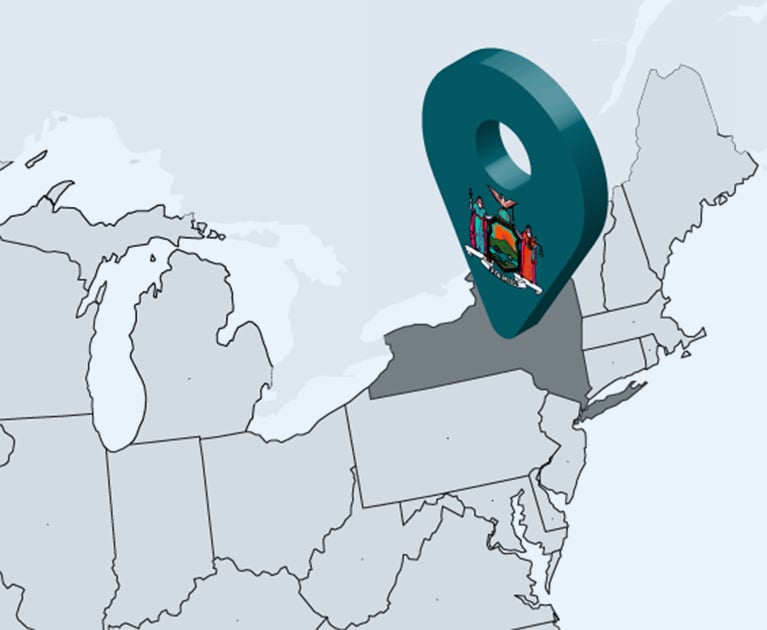 Asset protection is the utilization of laws and legal entities (such as trusts, limited partnerships and limited liability companies) which safeguard assets from attack by future, unsecured creditors. Traditionally, asset protection attorneys protected their clients’ bank and brokerage accounts, real estate, business interests, art and other things of value. Lately, practitioners have also protected crypto assets, including digital coins, utility tokens and non-fungible tokens (NFTs) in domestic and offshore Asset Protection Trusts (APTs). Today, there is a burgeoning industry of professional trustees, banks and other custodians who are equipped for safekeeping and protection of digital assets.
Asset protection is the utilization of laws and legal entities (such as trusts, limited partnerships and limited liability companies) which safeguard assets from attack by future, unsecured creditors. Traditionally, asset protection attorneys protected their clients’ bank and brokerage accounts, real estate, business interests, art and other things of value. Lately, practitioners have also protected crypto assets, including digital coins, utility tokens and non-fungible tokens (NFTs) in domestic and offshore Asset Protection Trusts (APTs). Today, there is a burgeoning industry of professional trustees, banks and other custodians who are equipped for safekeeping and protection of digital assets.
Foreign asset protection trusts are established in offshore jurisdictions which typically offer the following: (1) non-recognition of U.S. civil court judgments, and (2) legal and procedural hurdles if a U.S. creditor commences litigation in the foreign jurisdiction against the trust or its assets. These hurdles include short statutes of limitations, the absence of contingency fees, and a high burden of proof for the creditor. Not all foreign jurisdictions are equal. In Liechtenstein, for example, the U.S. creditor also must demonstrate malicious intent on the part of the recipient of the assets, the trustee. While many foreign jurisdictions claim to offer hurdles for the creditor, the better asset protection jurisdictions also offer political, economic and social stability; top banks with a well-developed regulatory system, and a strong rule of law. Other factors to consider in choosing a foreign jurisdiction include ease of communications with trustees and custodians, encryption and other technological capabilities, and of course safety and security, especially when crypto assets are involved.






